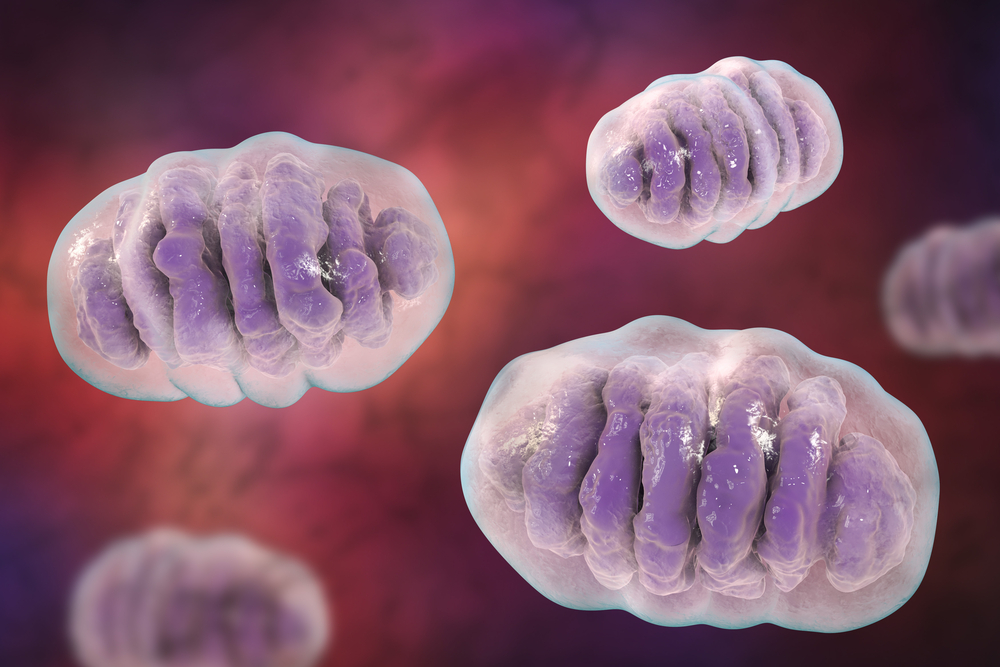British Mitochondria Study Could Provide New Approaches to Treating ALS
Written by |

Researchers at University of Exeter Medical School in the United Kingdom have started an ambitious project to investigate how mitochondria flaws may cause the neuron cell death associated with ALS.
Not only may their insights provide a better understanding of how amyotrophic lateral sclerosis arises, but it also may lay a foundation for the development of new treatments.
Mitochondria are the cell’s power plants, converting nutrients to energy. Researchers believe abnormalities in their functioning may contribute to ALS.
The team, led by Dr. Akshay Bhinge of Exeter’s Living Systems Institute, noted that mutations in the TBK1 and OPTN genes were recently linked to ALS. The genes take part in a cell process called mitophagy, or the removal of defective mitochondria.
Although studies suggest that mutations in the genes can cause disease, researchers have no idea how.
To find out, the research team plans to use induced pluripotent stem cells. These are stem cells that, in the lab, are forced back into development to become stem cells. Researchers will use a gene editing tool called CRISPR-Cas9 to introduce mutations they find in patients.
The cells will then be grown into spinal motor neurons so researchers can study the mitophagy process. Among other things, they will want to how many mitochondria end up in cell compartments involved in breaking down worn-out cell components.
They will also look at whether the mutations affect how neurons signal, and if those neurons are more prone to dying than typical neurons.
Understanding the major effects of a mutation is a key step toward understanding how a disease such as ALS arises. The insight may not necessarily provide information that allows researchers to develop drugs that stop or slow the disease process, however.
To obtain information that may enable them to develop drugs, the team will also examine how a mutation affects the activity of all the genes in a cell. Using this information, they will then attempt to reverse the defects.
It is possible that other mutations — such as the faulty SOD1 and FUS genes that are linked to ALS that runs in families— may alter the same molecular pathways that the TBK1 and OPTN genes do, and thus cause the same molecular flaws. To test for this possibility, the team will examine movement-control neurons that have these mutations.
The researchers are in the midst of pursuing a collaboration with a pharmaceutical company that could help them turn their findings into therapies.





